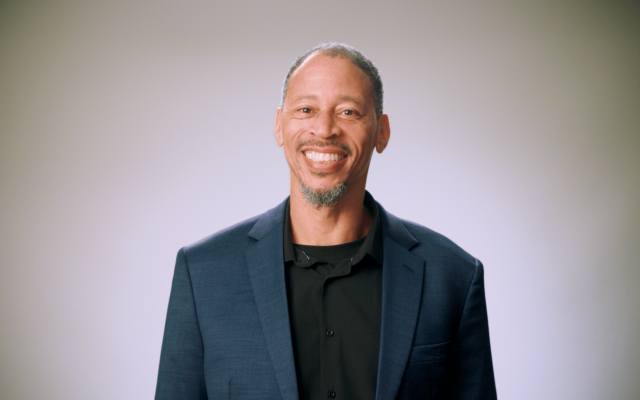Project Overview
The Material Innovation Center is reducing the amount of construction and demolition debris that ends up in landfills by salvaging and reusing valuable waste, while supporting skilled tradespeople. Organized under the City of San Antonio Office of Historic Preservation, MIC works with local reuse stores, contractors, and donors to take in excess and reclaimed materials and redistribute them for free to support affordable housing preservation and production efforts.
Five Questions
Learn more about this project
Meet our other 2023 awardees
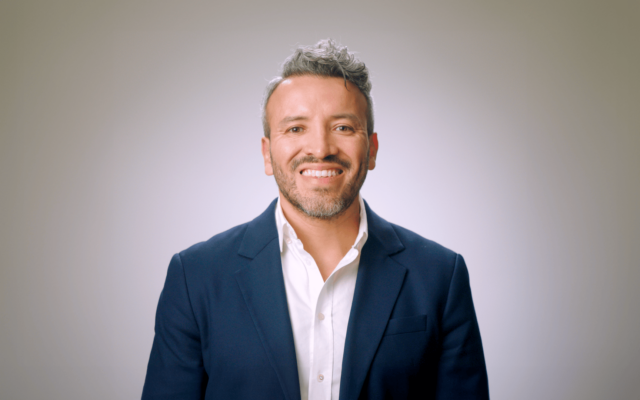
New York
With an unprecedented digital tool, ¡Reclamo! empowers undocumented workers against employer exploitation, simplifies the wage theft reporting process, and aids in the recovery of lost wages.
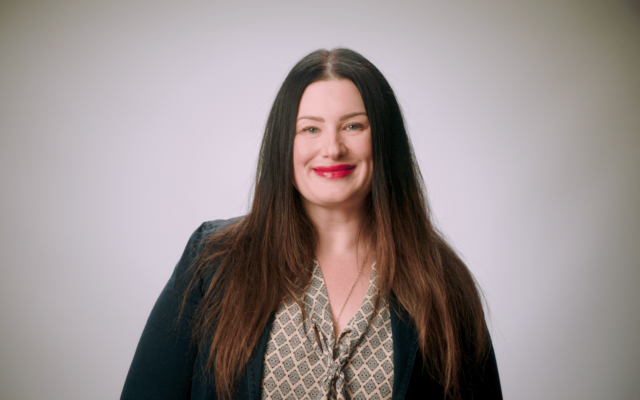
New Jersey (Operating nationally)
New Blue is a national incubator for police-community collaboration to solve the most pressing issues in policing today. Together, police of all ranks and community organizers from across the country develop evidence-based policy solutions that build trust.
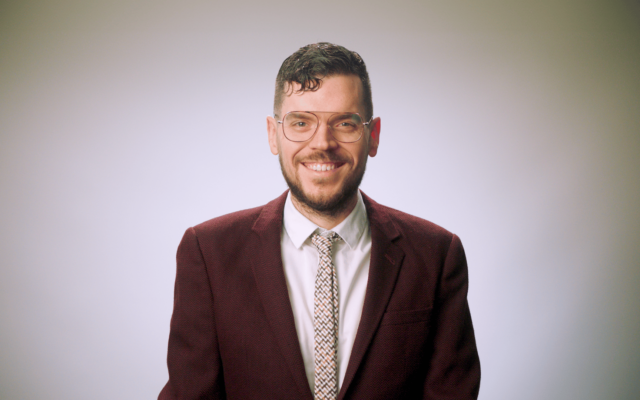
Georgia
With a community organizing approach, New Disabled South is building an unprecedented regional coalition to fight for disability rights and liberation across the American South.
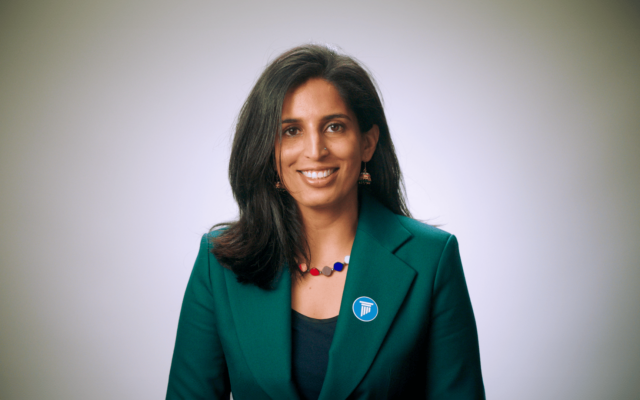
Washington, D.C. (Operating nationally)
Working toward a future where our highest courts reflect the communities they most impact, TAP empowers underrepresented law students to navigate and thrive in the appellate court system.
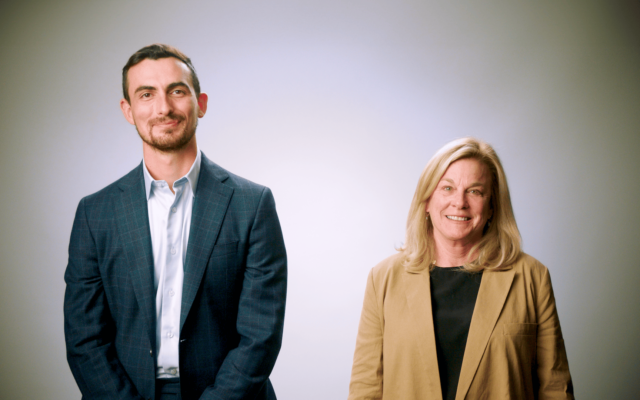
Deborah Moskowitz & Chance Cutrano
California (Operating nationally)
Adapting an age-old practice for today's rice producers, this pilot introduces fish to flooded fields in winter to reduce methane output, enhance biodiversity, and create additional revenue streams.

New York (Operating nationally)
Moby is dedicated to combating the environmental and health threats posed by microplastics, capturing and upcycling waste from laundering synthetic materials.

Voices for Advancement Until Language Transformation (VAULT)
North Carolina
Confronting language barriers and inequity in healthcare, VAULT is mobilizing the first community clearinghouse of language access data generated by refugee and migrant communities.
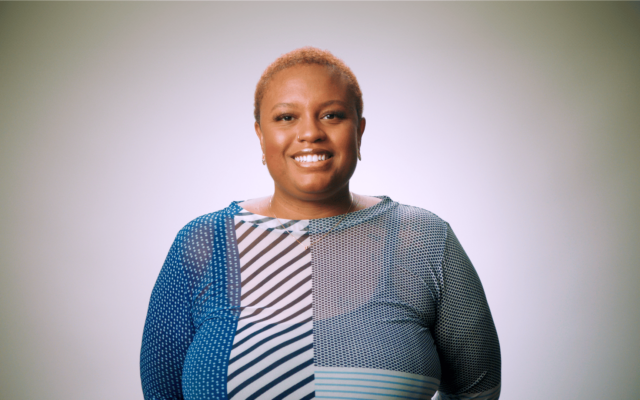
Nebraska
In Nebraska, I Be Black Girl is building a collective of living-wage doulas and birth workers and increasing access to care that centers the voices and experiences of Black birthing people.

 Learn More
Learn More